Summer brings family days out, lazy days by the pool or on the beach and long evenings under starlit skies. But amid the fun, the six-week school break can spell trouble for young readers and learners: studies show that students can lose significant ground in literacy skills when they swap books for screens and leisure activities during the summer holidays. At Young Page Turners, we believe that a vibrant summer reading habit not only preserves reading skills but unlocks a world of imagination, empathy, and lifelong learning.
Prevent the “Summer Slide”
When classrooms close their doors in July, reading levels will often dip, especially for developing and emerging readers. Teachers report that students returning in September may be months behind where they left off. By turning summer into a reading adventure, children and teenagers can:
- Maintain vocabulary, spelling, and comprehension skills
- Build confidence so that Day 1 back at school feels less daunting
- Stay intellectually curious, avoiding the boredom that comes from endless “I’m bored” declarations
Boosting Language and Empathy
Books do more than reinforce grammar rules. Every story introduces new words, idioms, and rhythms of language, they are an organic way to expand young readers’ vocabulary and writing flair. Beyond language, reading fiction nurtures empathy: stepping into a character’s shoes helps kids understand perspectives and emotions different from their own. Whether it’s a fantasy quest or a contemporary coming-of-age tale, the characters’ triumphs and struggles become mirrors for young readers’ own experiences.
Igniting Imagination and Adventure
A summer read can transport a teen to a dystopian society, a middle-grader to a dragon’s cave, or a younger child to a backyard safari. When kids crack open a book instead of scrolling through social media, they activate their imagination in ways that no app can match. That creative spark fuels problem-solving, artistic expression, and even scientific curiosity as children daydream about “what if?” scenarios long after the last page is turned.
Accessible, Affordable Fun through Libraries
One of the best-kept secrets of summer reading is the local library. Free to join and brimming with titles for every age and interest, libraries also run Summer Reading Challenges with digital rewards, perfect for motivating reluctant readers – I was often in the library as a child and now they have even more to offer. Encourage your child to explore graphic novels, audiobooks, cookbooks, or even the local newspaper. Literacy isn’t limited to novels: reading recipes in the kitchen or instructions for a science kit all count toward keeping skills sharp. If you don’t know where your local library is or want to find others in your local area, visit www.gov.uk/local-library-services and enter your postcode.
Simple Strategies to Keep Kids Reading
Create a “Reading Routine”: Even 20 minutes before bedtime can make a difference. Mix It Up: Rotate picture books, comics, nonfiction, and young-adult novels to keep things fresh. Family Read-Aloud Time: Siblings and parents can share the experience – take turns reading chapters or acting out dialogue. Reading Challenges and Rewards: Track books on a chart and celebrate milestones with fun rewards (ice-cream outings, extra screen time, or a new bookmark). Book Swaps and Clubs: Encourage friends to exchange favourites or form a small summer book club, meeting at a park or virtually to discuss plots and characters.
Our Top Summer Picks
For Early Readers (3–8):
- Don’t Fart in the Pool by Ben Jackson & Sam Lawrence
- Where Has All the Cake Gone? by Andrew Sanders

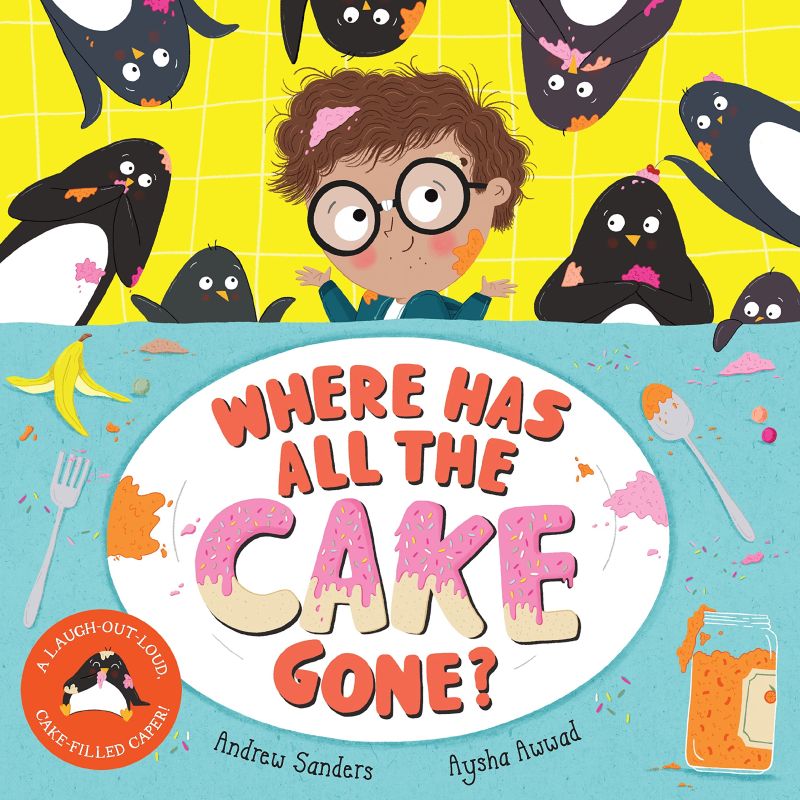
For Middle Grade (9–12):
- The Emba Oak series by Jenny Moore
- The Nile Adventures by Saviour Pirotta
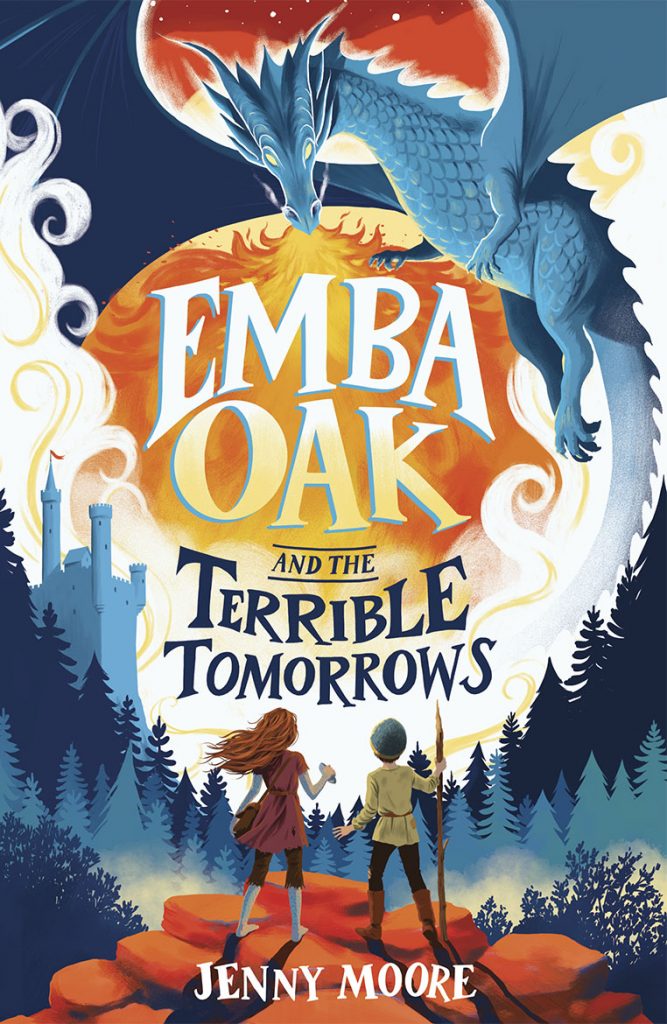
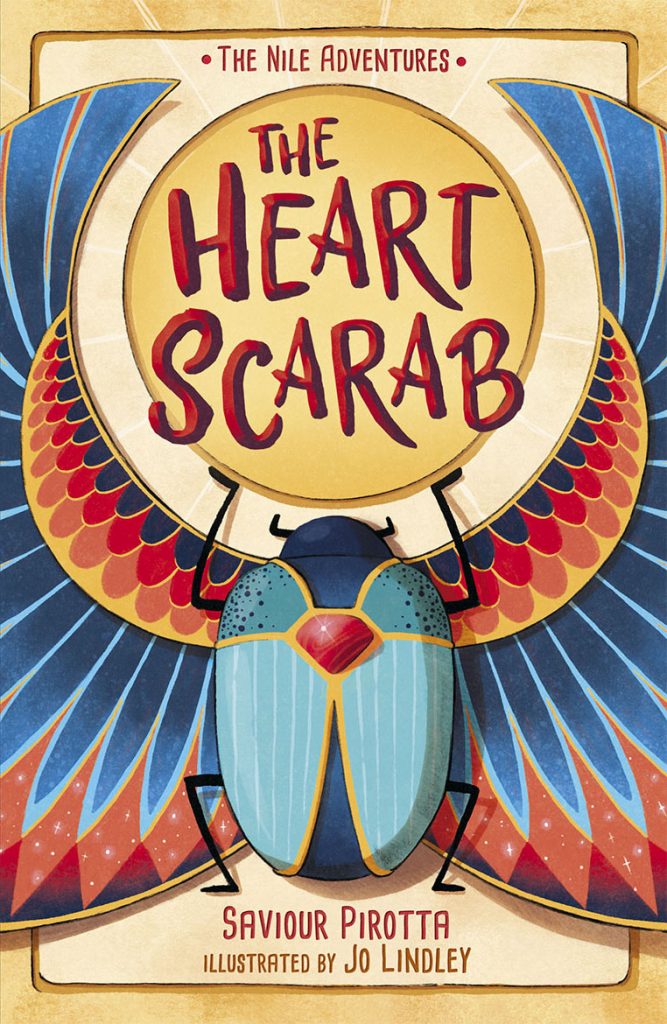
For Teens / Young Adults (13+):
- Miss Peregrine’s Home for Peculiar Children by Ransom Riggs
- The Hunger Games by Suzanne Collins
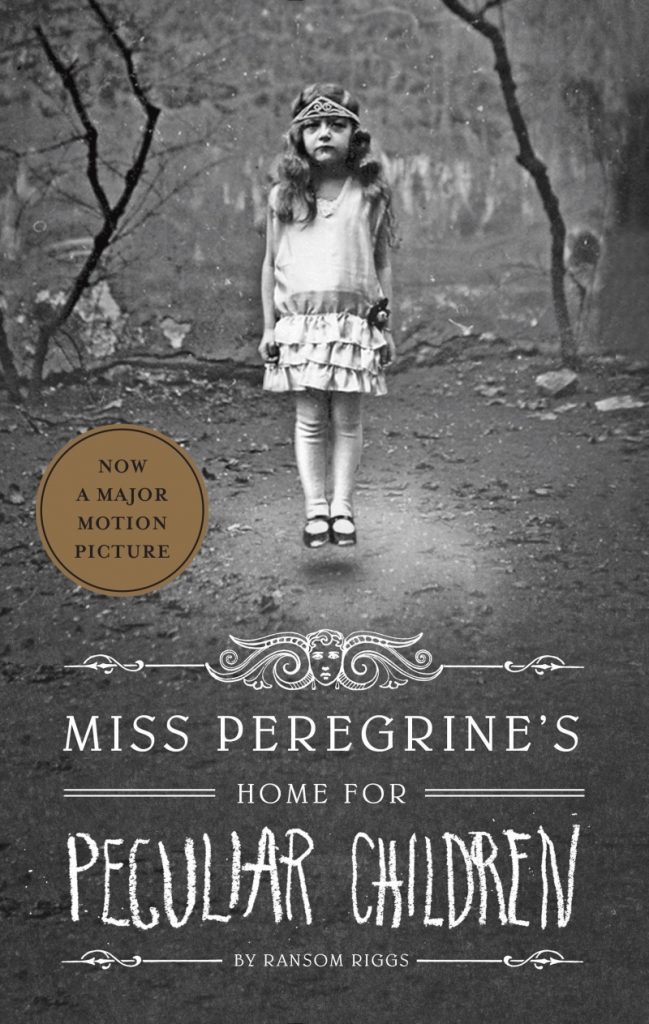
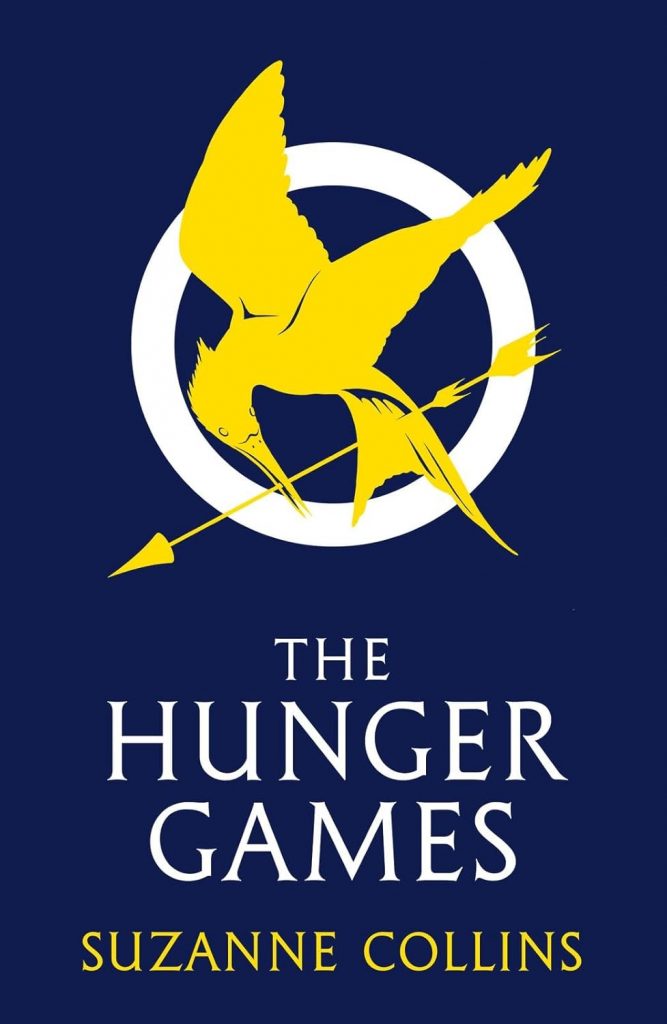
(Find full reviews of these titles on our site.)
Summer reading is more than an academic exercise, it’s a passport to adventure, understanding, and creative growth. By weaving books into sunny afternoons, balmy evenings and even the summer rain, you help your young readers return to school sharper, more confident, and eager to explore new worlds.
Featured image credit: Image by Michaela 💗 from Pixabay


